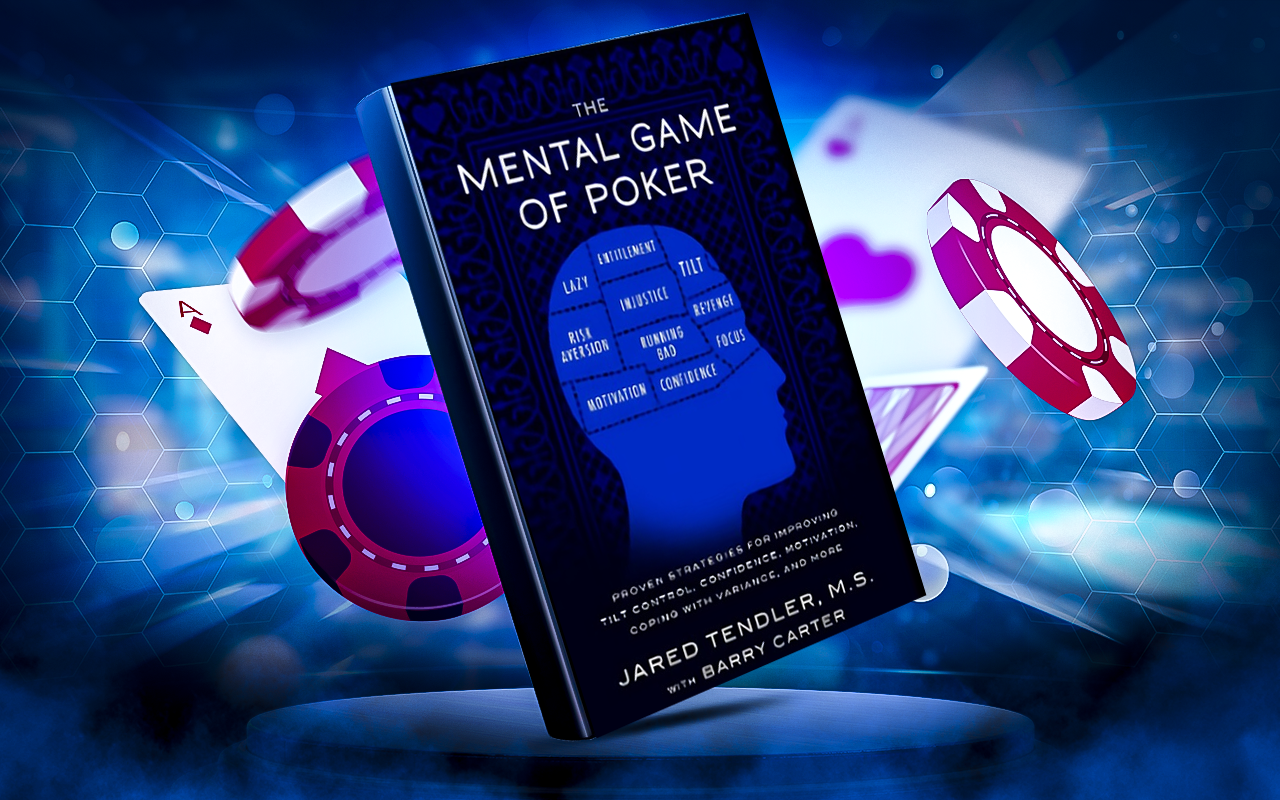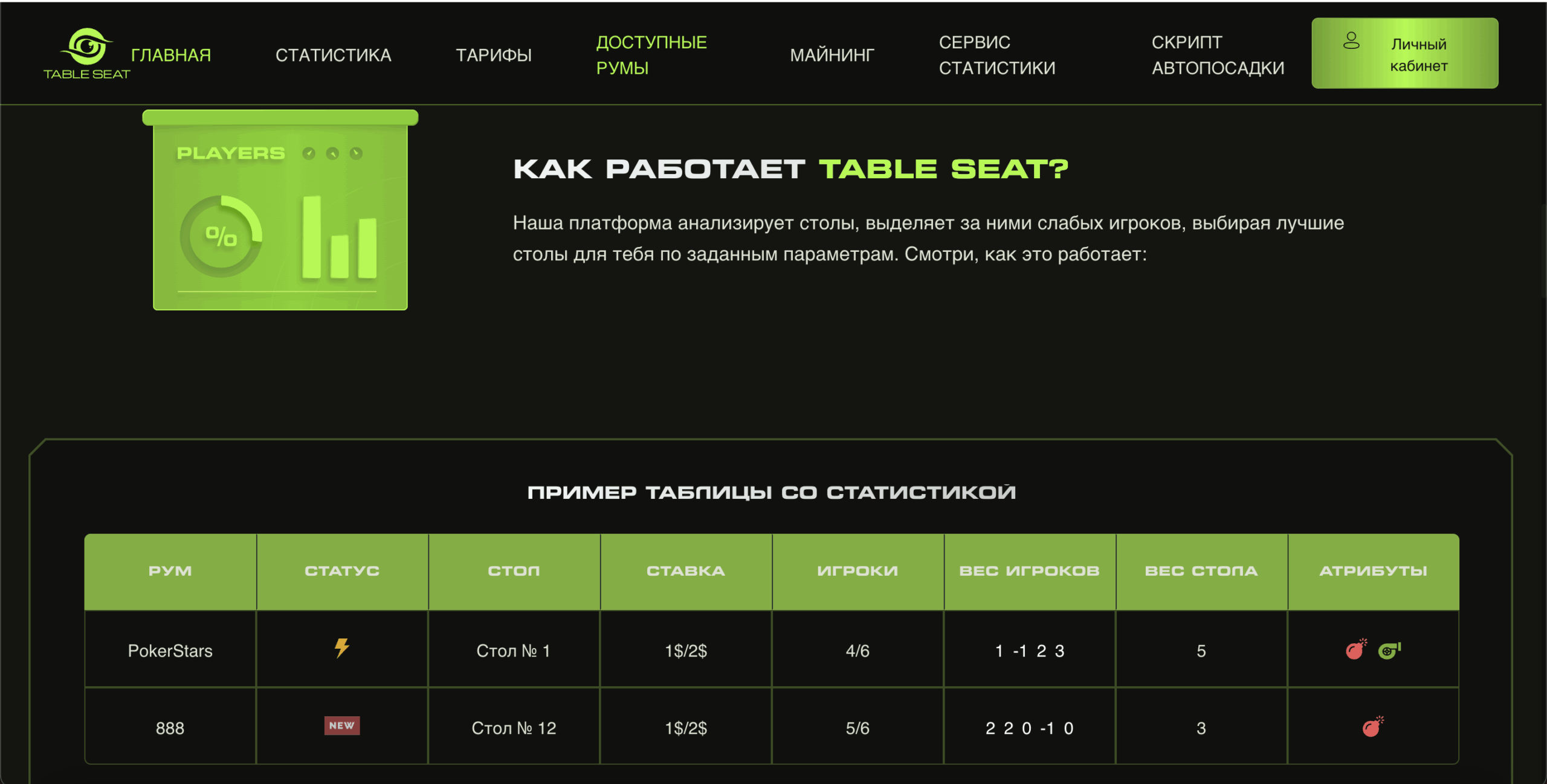В покере уверенность — это не просто чувство, а стратегическое состояние, которое влияет на каждое ваше решение за столом. Глава 8 книги Джареда Тендлера «Игры разума» посвящена важности уверенности и тому, как поддерживать её на протяжении всей игры. Давайте разберёмся, почему уверенность так важна и как её развивать.
Что Такое Уверенность в Покере?
Многие игроки путают уверенность с самоуверенностью или с временным состоянием, которое зависит от удачных карт. Однако настоящая уверенность — это глубокое понимание своей игры, сильных и слабых сторон, подкреплённое опытом и знаниями. Она не исчезает при проигрыше и не взлетает до небес после победы. Это постоянная величина, которую можно и нужно развивать.
Уверенность — это знание, что вы можете принимать обоснованные решения, даже если результат не всегда в вашу пользу.
Почему Уверенность Так Важна? 🤔
- Меньше Стресса: Уверенный игрок не переживает из-за временных неудач. Он знает, что любая серия проигрышей — это часть игры, и не позволит эмоциям завладеть собой.
- Лучшие Решения: Когда вы уверены в своих силах, то избегаете принятия решений на основе страха или сомнений. Вы следуете своему игровому плану и стратегии.
- Стабильный Подход: Уверенность помогает избегать крайностей: от «слишком пассивного» до «слишком агрессивного» поведения. Вы контролируете себя, независимо от исхода раздач.
Что Подрывает Вашу Уверенность?
- Фокус на Результате: Если вы оцениваете себя только по выигрышам и проигрышам, уверенность будет нестабильной. Удачные раздачи будут её укреплять, а неудачные — разрушать.
- Перфекционизм: Стремление играть без ошибок может разрушить вашу уверенность, ведь ошибки неизбежны. Главное — учиться на них и не позволять им вас демотивировать.
- Сравнение с Другими: Когда вы постоянно сравниваете себя с другими игроками, особенно успешными, это может заставить вас сомневаться в себе.
Как Развивать и Поддерживать Уверенность? 🚀
- Фокусируйтесь на Процессе: Оцените свою игру по качеству решений, а не по результату. Анализируйте раздачи и делайте выводы, даже если результат не в вашу пользу.
- Ведите Дневник Успехов: Записывайте свои достижения и моменты, когда принимали правильные решения. Это помогает видеть свой прогресс и укреплять уверенность.
- Работайте над Слабыми Местами: Признайте свои слабости и работайте над ними. Уверенность не означает отсутствие недостатков, но означает готовность их преодолевать.
- Позитивный Самоанализ: После сессии отметьте хорошие и плохие моменты. Спросите себя: «Что я сделал хорошо?» и «Как я могу улучшиться в следующий раз?»
Практическое Задание 📝
Прямо сейчас составьте список из трёх сильных сторон вашей покерной игры. Это может быть, например, умение читать соперников, дисциплина или знание теории покера. Затем выберите одну слабую сторону и напишите план, как вы её улучшите. Помните: работа над собой укрепляет уверенность! 💪
Заключение
Уверенность в покере — это не просто самоощущение, а глубокое знание того, что вы делаете. Развивайте её через самоанализ, понимание своих сильных и слабых сторон, и не позволяйте результатам определять вашу самооценку. Помните: уверенный игрок всегда сохраняет контроль, независимо от удачи.
Подписывайтесь на наш Телеграм-канал, чтобы получать больше полезных статей о психологии покера и стать настоящим мастером игры!




